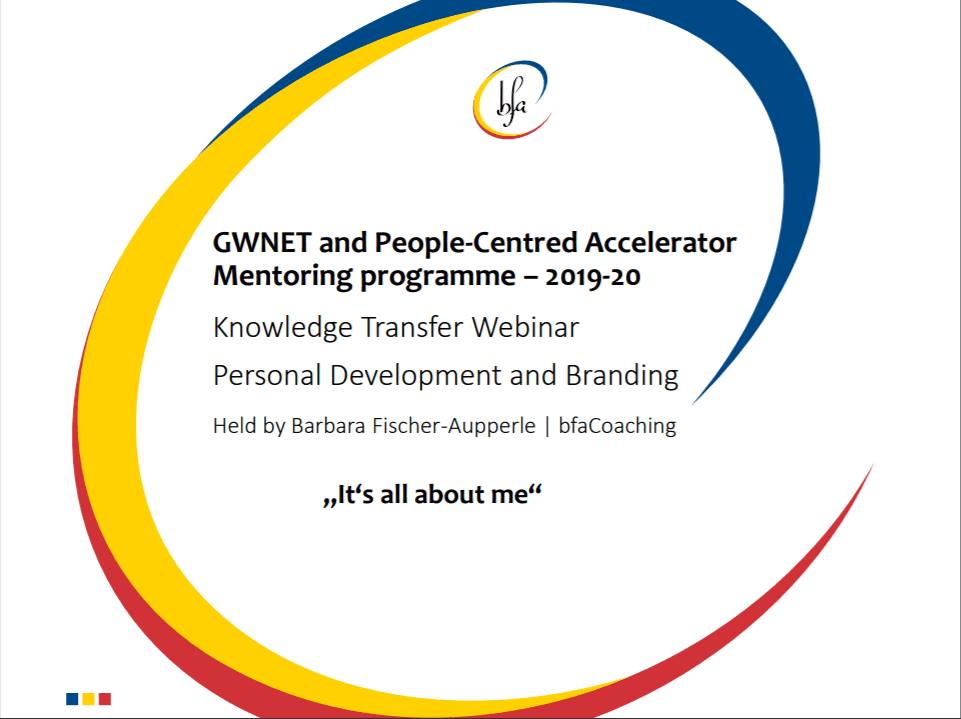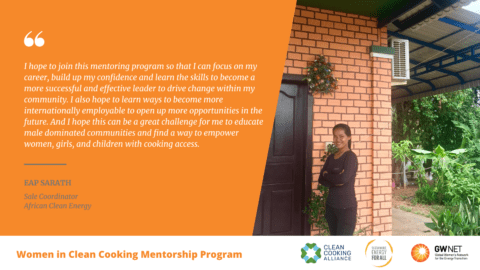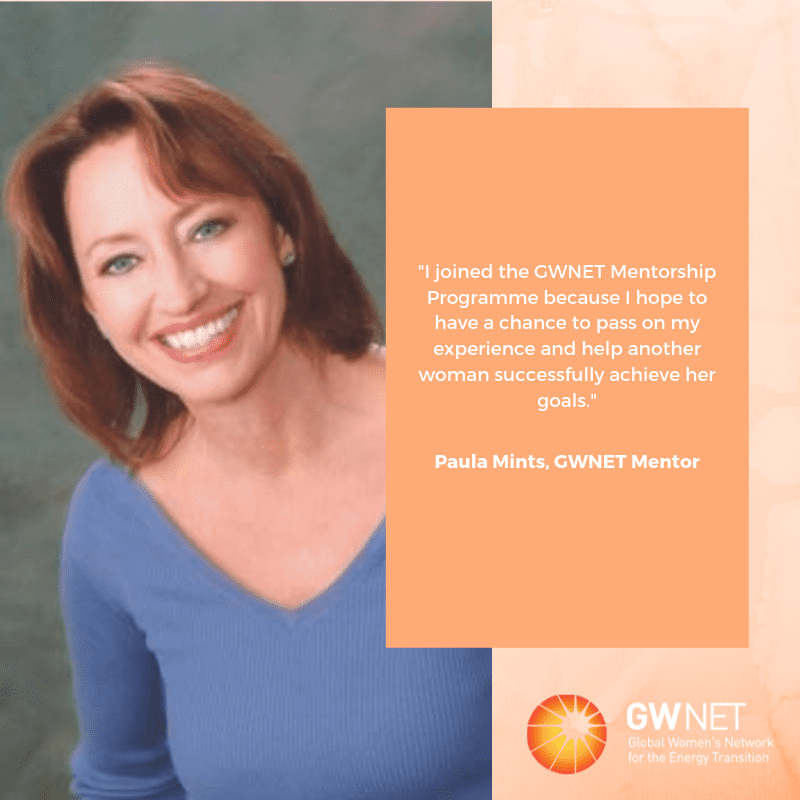GWNET brings you the 9th instalment of the “Meet the Women in the Energy Transition” series which celebrates the work and achievements of the women who are part of GWNET’s 3/2020 Mentoring Programme. This mentoring programme is made up of 26 mentee-mentor tandems, with mentees from over 20 countries. Meet GWNET mentee, Viktoriia Unuchko, a project officer and support officer for Eastern Europe and Central Asia working at UNDP and the Private Financing Advisory Framework in Ukraine.
1) Tell us a little about yourself. What do you love most about what you do?
I am a young professional from Ukraine working in the international development sector on clean energy projects. I am also a researcher of the gas markets and energy security in Europe with a particular emphasis on the EU-Ukraine-Russia triangle. My professional focus is on project management assistance, communications, and support services to international development organizations and projects. My biggest passion is women’s empowerment in the energy sector.

2) What were your goals when you started working in sustainable energy? Have these evolved?
From the first day of my work, my desire to make the world more sustainable and resilient was a strong call to action. As my educational background is not about energy, at first, I wanted to learn as much as possible about the sector. Today, my goals include both: becoming a high-level professional from the energy sector and making it a gender-friendly and stereotype-free environment to deliver impactful energy solutions.
3) How has the COVID-19 pandemic impacted the professional goals you set out for the year?
The COVID-19 pandemic has greatly influenced my professional plans for the year 2020. My job included numerous field missions all over Ukraine that are no longer possible, and I had lots of educational projects and personal development opportunities. Now everything is happening online. I am already used to the online mode – it is not that bad!
4) What are the opportunities for sustainable energy growth in your country?
Ukraine has a high potential for sustainable energy growth in the future. Over the last few years, many private entities appeared in the energy market, however state-owned enterprises remain central for energy production. Ukraine aims to implement EU directives in the national legislation and follow recommendations of the Energy Community. High dependency on natural gas consumption threatens Ukrainian energy security. In 2019, Ukraine managed to finish the unbundling of the gas sector.
Today, increased domestic production, reduced import dependence, increased share of renewables in the overall energy mix along with an improved legal framework presents promising opportunities to make the Ukrainian energy sector greener and more sustainable.
5) What challenges have you faced in the sector? Can you tell us how you overcame (or are overcoming) this challenge(s)?
During my work in public and private sectors, numerous field missions to small communities all over Ukraine and international study tours, I have personally experienced what women underrepresentation in the energy sector means.
Being in the minority is always hard. Lack of confidence, gender discrimination, social stereotypes are the top barriers that slow down women’s empowerment. The energy sector in Eastern Europe and Central Asia is an extremely male-dominated since the Soviet Union times. I think it is a severe barrier for long-lasting social change and reforming process in the energy sector.
The second barrier that I have personally faced in my career, apart from gender, is ageism. Young people are not treated seriously enough and are rarely involved in the decision-making process. The most widespread stereotype for young people is lack of expertise. However, young people are the ones who could bring fresh ideas and suggest innovative non-standard approaches. I started working in the energy sector when I was 20 and was about to start my master’s degree.
Therefore, I would like to change this situation and attract as many women as possible to the future energy sector and make it more gender-friendly and stereotype-free. The best way to overcome this barrier is to share my own experiences and share knowledge to incentivize women and girls considering a career – as an academic or a practitioner – in the area.
6) Why did you join the GWNET Mentorship Programme? What do you hope to achieve?
For me, the GWNET Programme is an ideal chance to connect with like-minded people who faced similar challenges at the beginning of their career as I did.
Having experience in energy efficiency in public buildings, green energy finance, attracting investment in solar and biomass projects in the private sector, I want to receive advanced mentorship to develop career goals and build a long-term strategy. It will help focus on a specific sphere of energy (based on world trends for the upcoming years) and identify my professional strengths to be competitive on the market and have unique skills.
7) What advice would you give to women hoping to join the sustainable energy sector?
My advice is to never forget about your power and inner strength. Gender- and age-based stereotypes should never be a barrier to realize your potential and reach your goals.
Read more about GWNET’s mentoring programmes here.











